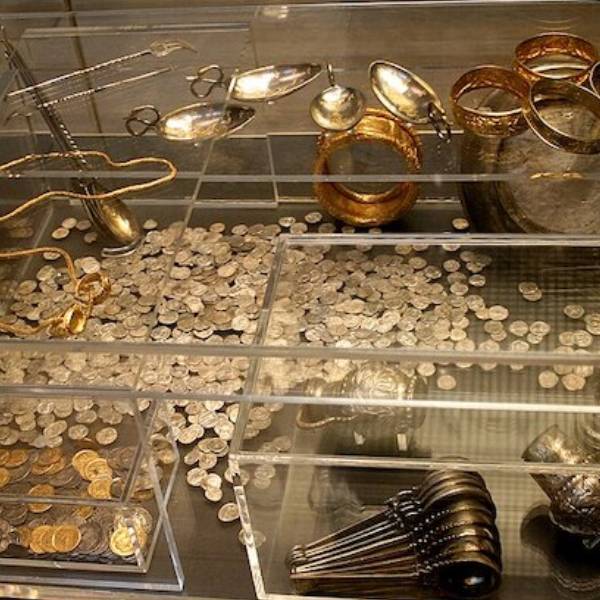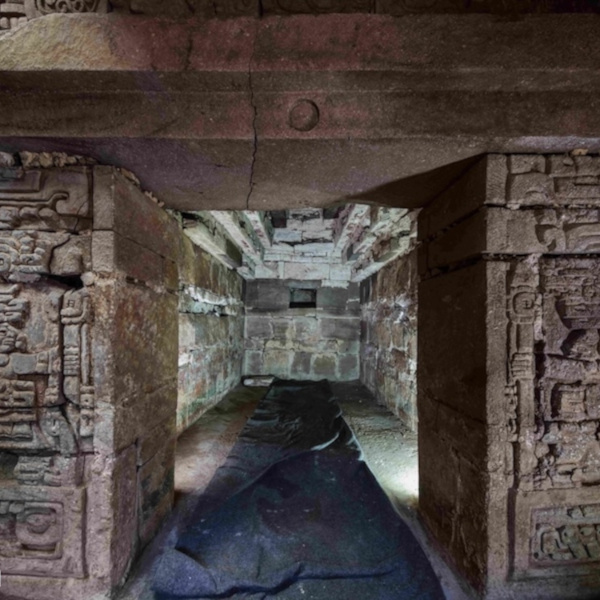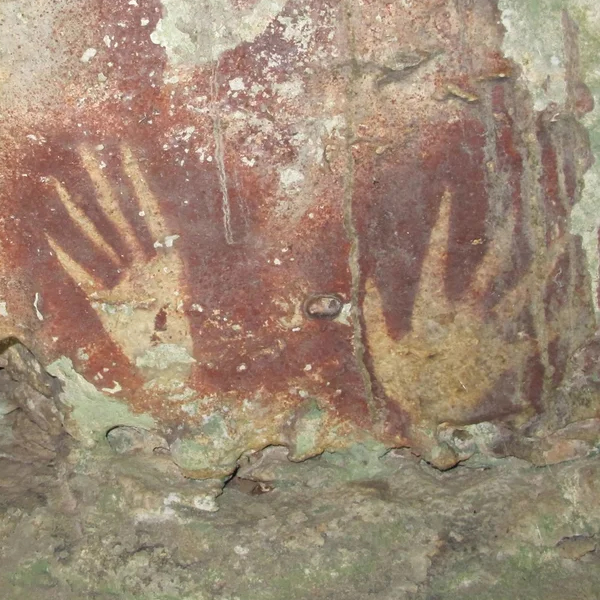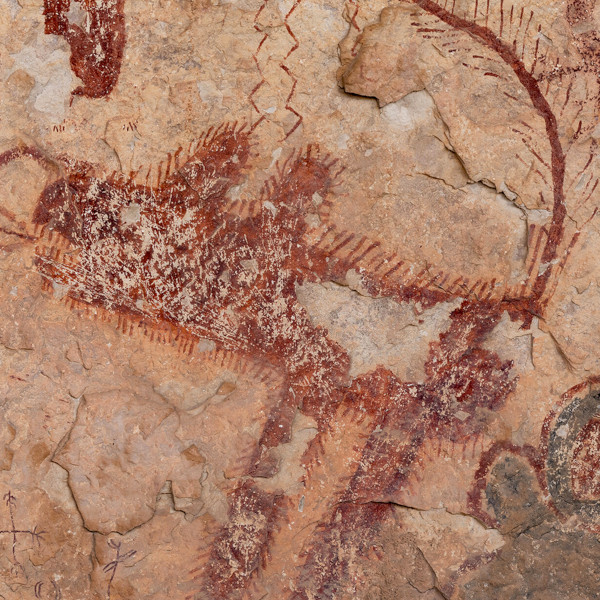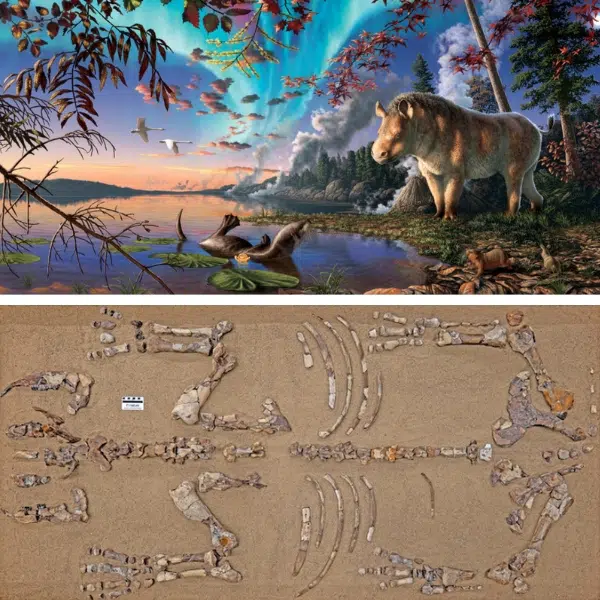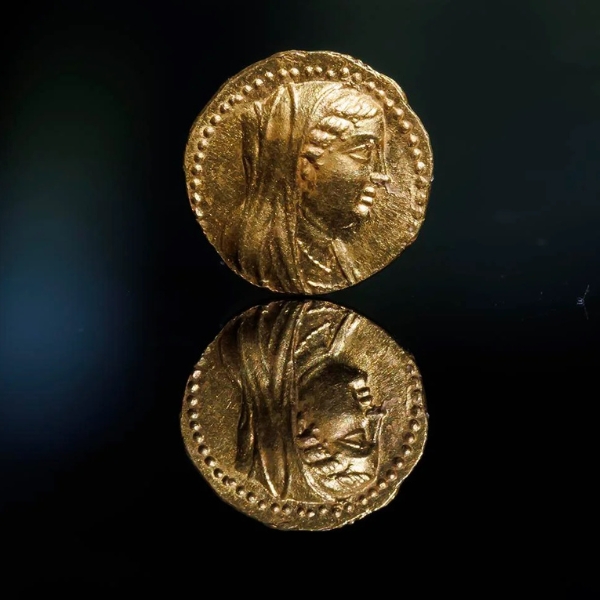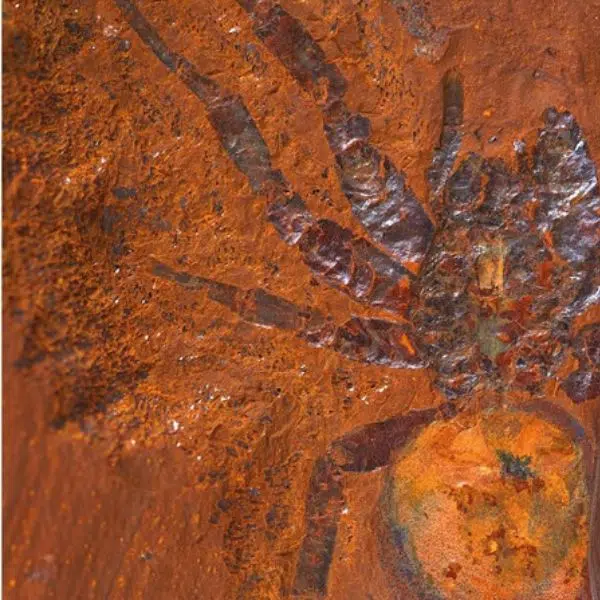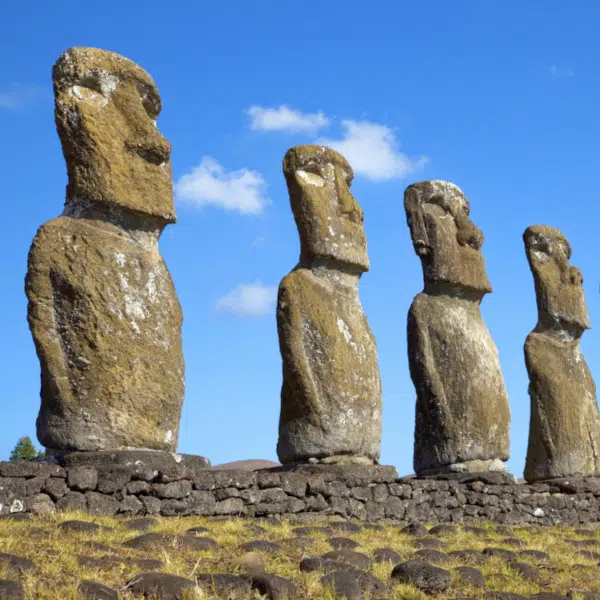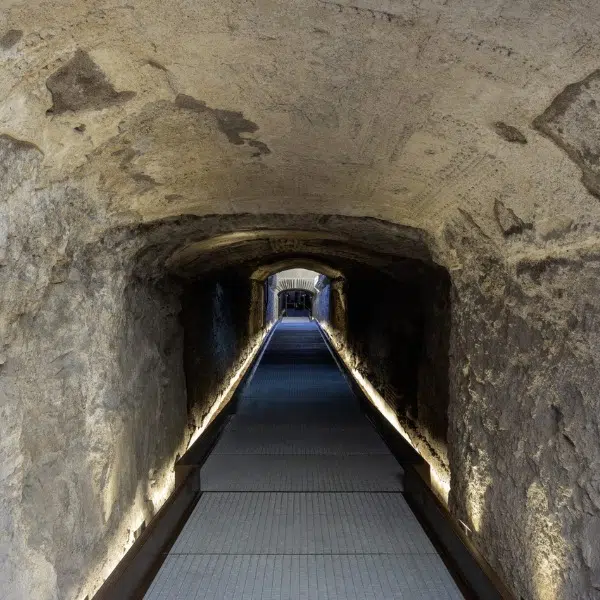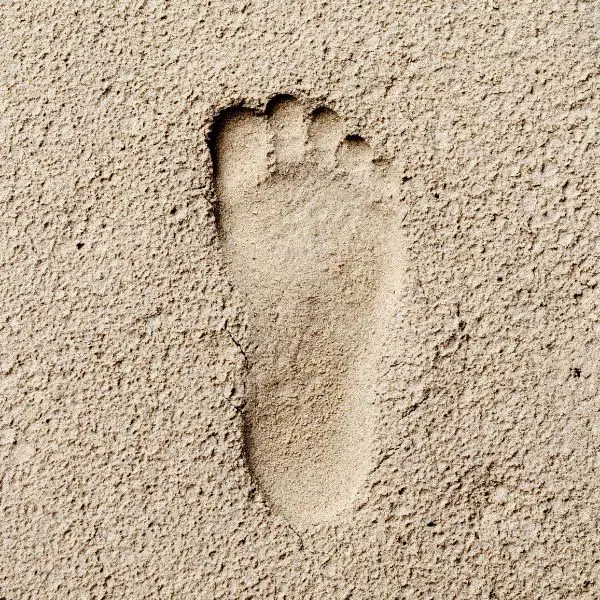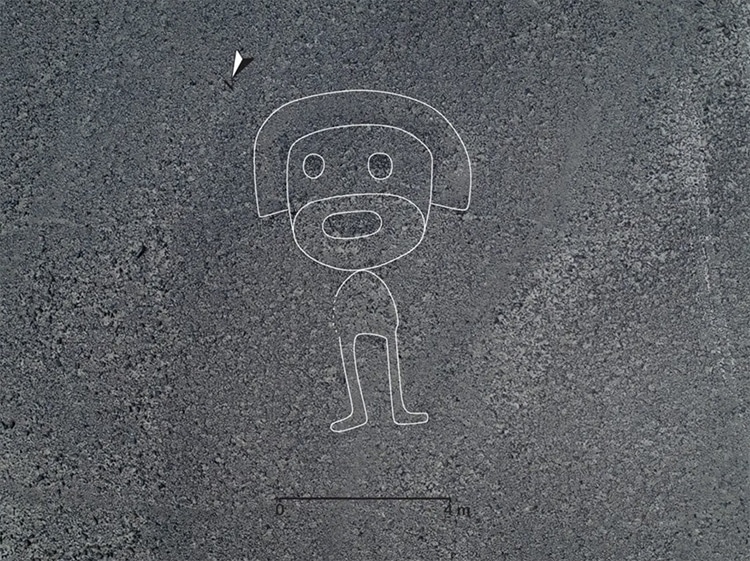
Photo: Yamagata University
Etched into the pampas in the Peruvian coastal plain are countless figures which can only be seen from the air above. Various animals and humans frolic across the grasslands. These drawings—known as the Nazca Lines—are a UNESCO World Heritage Site. Carved into the landscape between 500 BCE and 500 CE, the total number of known geoglyphs keeps increasing as researchers discover new designs. A team from Yamagata University discovered 168 new glyphs in the region through field surveys in 2019 and 2020, according to a recent announcement.
The geoglyphs were created by ancient peoples who scooped the darker stones of the surface up to reveal the light sand beneath. Most of the etchings are less than 30 feet in diameter. The smaller ones can be seen from vantage points on the ground. The Yamagata University team used aerial photography and drones to capture a bird's-eye view of the plains. By examining their footage, the researchers were able to spot the new figures. These include birds, snakes, cats, and orca whales. In total, the geoglyphs—now numbering a total of 358—cover over 170 square miles.
Mystery still surrounds the Nazca Lines. They come in three varieties: straight lines, geometric designs, and pictorial representations. The latter include a spider, hummingbird, cactus plant, monkey, whale, llama, duck, flower, tree, lizard, and dog. The Nazca culture, and possibly their predecessors the Chavin and Paracas cultures, are thought to have created the etchings. The dryness of the region has kept the drawings safe from erosion over the years. However, one of the researchers Professor Masato Sakai told Reuters, “Some geoglyphs are in danger of being destroyed due to the recent expansion of mining-related workshops in the archaeological park.” Thankfully, a national park was established in 2017 by the Peruvian government, which protects many of these historic artworks.
Researchers from Yamagata University have discovered 168 new geoglyphs on the pampas in Peru.
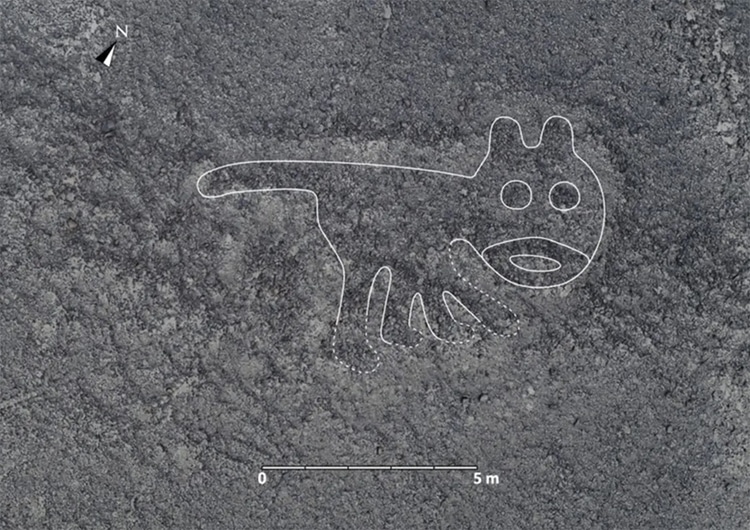
Photo: Yamagata University
This brings the total number of the ancient Nazca Lines—etchings of shapes and animals—up to 358.
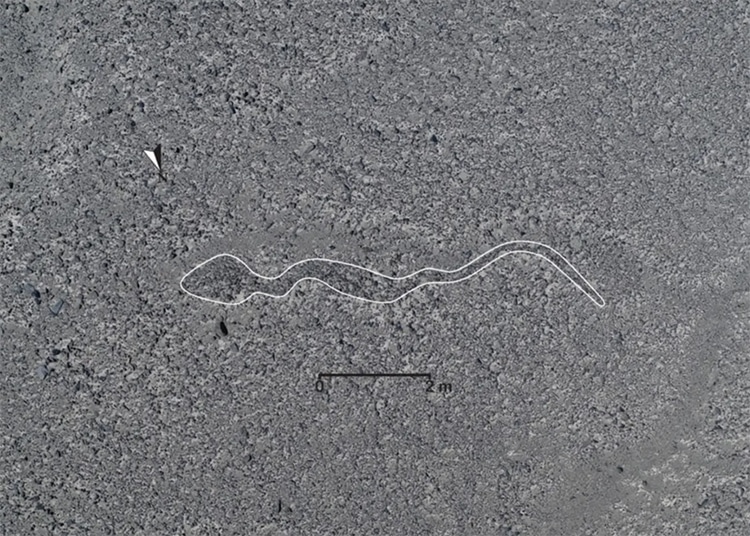
Photo: Yamagata University
Related Articles:
Dual Mayan Stele Featuring a Female Deity Is Unearthed in Southeastern Mexico
Fossil of Ancient Giant Sea Turtle the Size of a Rhino Discovered in Spain











































































